Health And Medicine
-

VUMC research shows patient privacy, ‘big data’ can coexist
A new study, led by investigators at Vanderbilt University Medical Center (VUMC), confirms that the scientific pursuit of so-called big data from hospitals and clinics needn’t conflict with patient privacy. Read MoreJan 28, 2016
-

Autism study links sensory difficulties, serotonin system
Vanderbilt researchers have established a link between the neurotransmitter serotonin and certain behaviors of some children with autism spectrum disorder (ASD), a link that may lead to new treatments for ASD. Read MoreJan 28, 2016
-
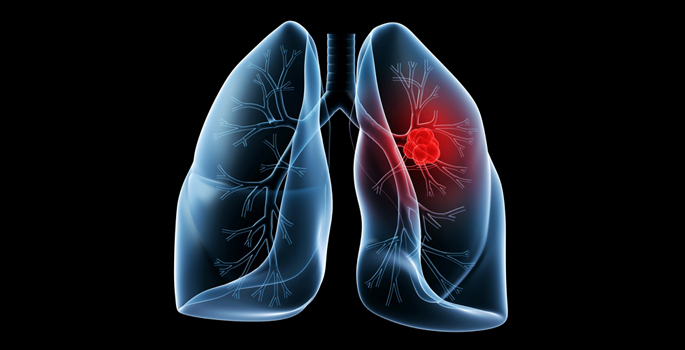
Study identifies new culprit in lung cancer development
A microRNA — a small piece of RNA involved in regulating gene expression — functions as an oncogene to drive the development of lung cancer, Vanderbilt University investigators have discovered. Read MoreJan 27, 2016
-

Effort seeks to integrate clinical, research data systems
To ease data collection for clinical research and ongoing analysis of clinical processes, teams at Vanderbilt University Medical Center (VUMC) are working to bridge the gap between clinical systems and research systems. Read MoreJan 27, 2016
-

Wound-healing scaffolds
The elasticity of a scaffold used for healing skin wounds is a key factor in promoting regeneration versus scarring. Read MoreJan 27, 2016
-

Using MRI to assess myelin health
Vanderbilt investigators report an improved model for estimating brain health, using MRI. Read MoreJan 25, 2016
-

Faulty building blocks in DNA
An enzyme that builds DNA is able to insert the wrong building blocks, which could generate mutations. Read MoreJan 22, 2016
-
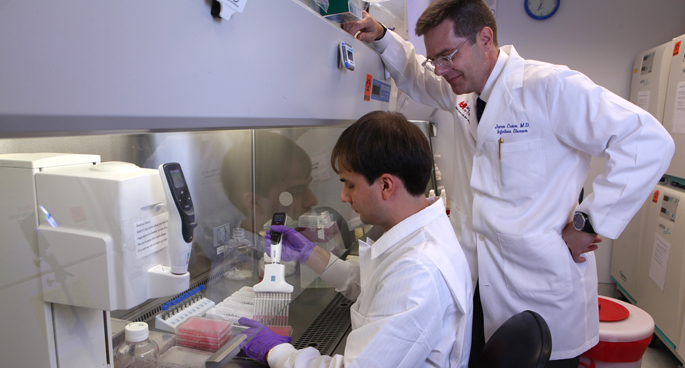
Antibodies may be ‘silver bullet’ for Ebola viruses
There may be a “silver bullet” for Ebola, a family of hemorrhagic viruses, one of which has killed more than 11,000 people in West Africa in the past two years. Read MoreJan 21, 2016
-

New targets for diabetic retinopathy
Certain protein factors have been identified as attractive targets for treating diabetic retinopathy, a major cause of blindness in adults. Read MoreJan 21, 2016
-
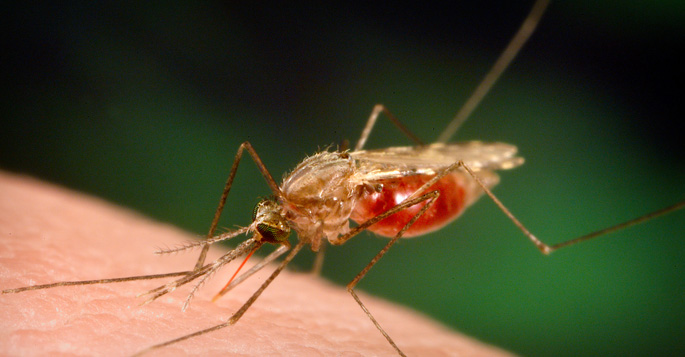
VU investigators use magnetism to help isolate malaria biomarker
Vanderbilt investigators have developed a way to detect malaria that is faster and more sensitive than current clinical methods — a development that has the potential to make malaria detection significantly less expensive and more stable. Read MoreJan 21, 2016
-

Major grants bolster VUMC diabetes research
Researchers at Vanderbilt University Medical Center have received more than $11 million in new grant support aimed at slowing the growing burden of diabetes. Read MoreJan 14, 2016
-

New method aids heart disease studies, drug discovery efforts
A team of Vanderbilt investigators developed a new method for rapidly generating heart muscle cells from stem cells. Read MoreJan 14, 2016
-
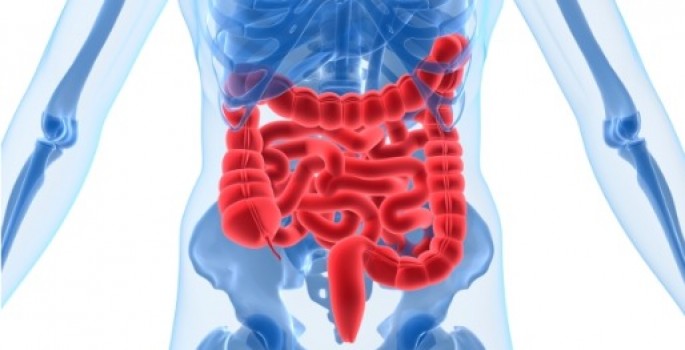
Crystal structure reveals secrets of virulent bacterium
Researchers at Vanderbilt University Medical Center have obtained the crystal structure of a toxin from the bacterium Clostridium difficile (“C. diff”) — the leading cause of hospital-acquired diarrhea in the United States. Read MoreJan 14, 2016
-
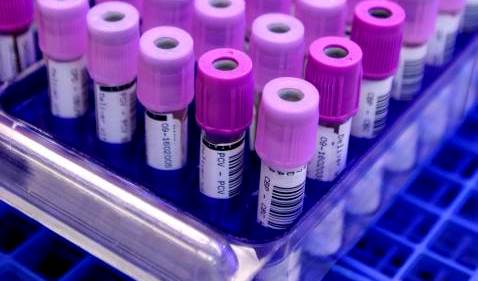
Platelet protein modification
Vanderbilt investigators have identified a new biomarker to assess platelet function. Read MoreJan 13, 2016
-
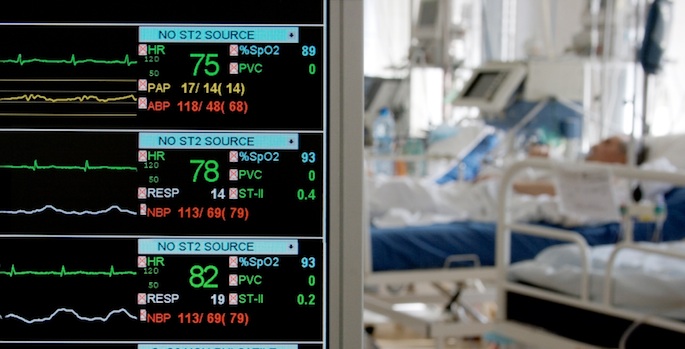
Study shows veteran, civilian patients at risk of ICU-related PTSD
In a first-of-its-kind study of veterans and civilians, researchers from Vanderbilt University Medical Center found that one in 10 patients is at risk of having a new post-traumatic stress disorder (PTSD) following their time in the intensive care unit (ICU). Read MoreJan 12, 2016
-

Improving colonoscopy prep
Providing an educational booklet on colonoscopy preparation increased the odds of an adequate quality of bowel preparation by more than two-fold. Read MoreJan 11, 2016
-
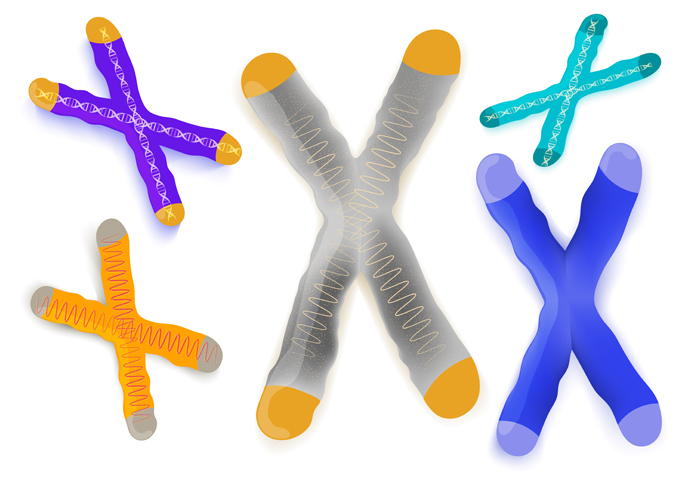
Copying chromosome caps
Telomeres – the caps on the end of chromosomes – are a source of stress for a particular protein involved in copying DNA, a new study reports. Read MoreJan 8, 2016
-
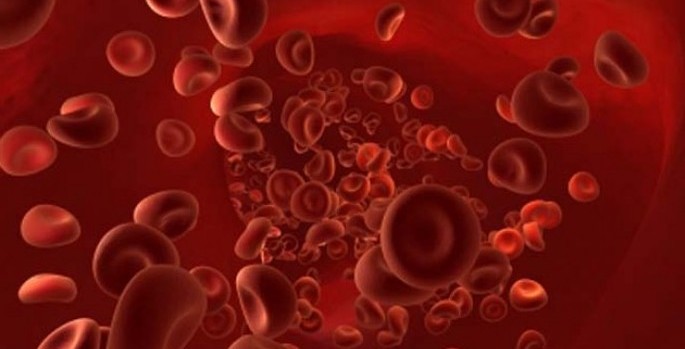
Immune tolerance in endothelial cells
Inducing “tolerance” to bacterial toxins in the endothelial cells that line blood vessels may offer a new approach for preventing the negative consequences of sepsis. Read MoreJan 7, 2016
-

Over-the-phone physical therapy initiative helps ease spine patients’ pain
Spine surgery patients at risk for poor recovery can benefit from cognitive-behavioral based physical therapy, according to a Vanderbilt University Medical Center study. Read MoreJan 7, 2016
-

Vanderbilt study raises questions about reporting incidental genetic findings
A genetic test that suggests a patient may be at increased risk for potentially fatal heart rhythms is very often not as ominous as it sounds. Read MoreJan 5, 2016